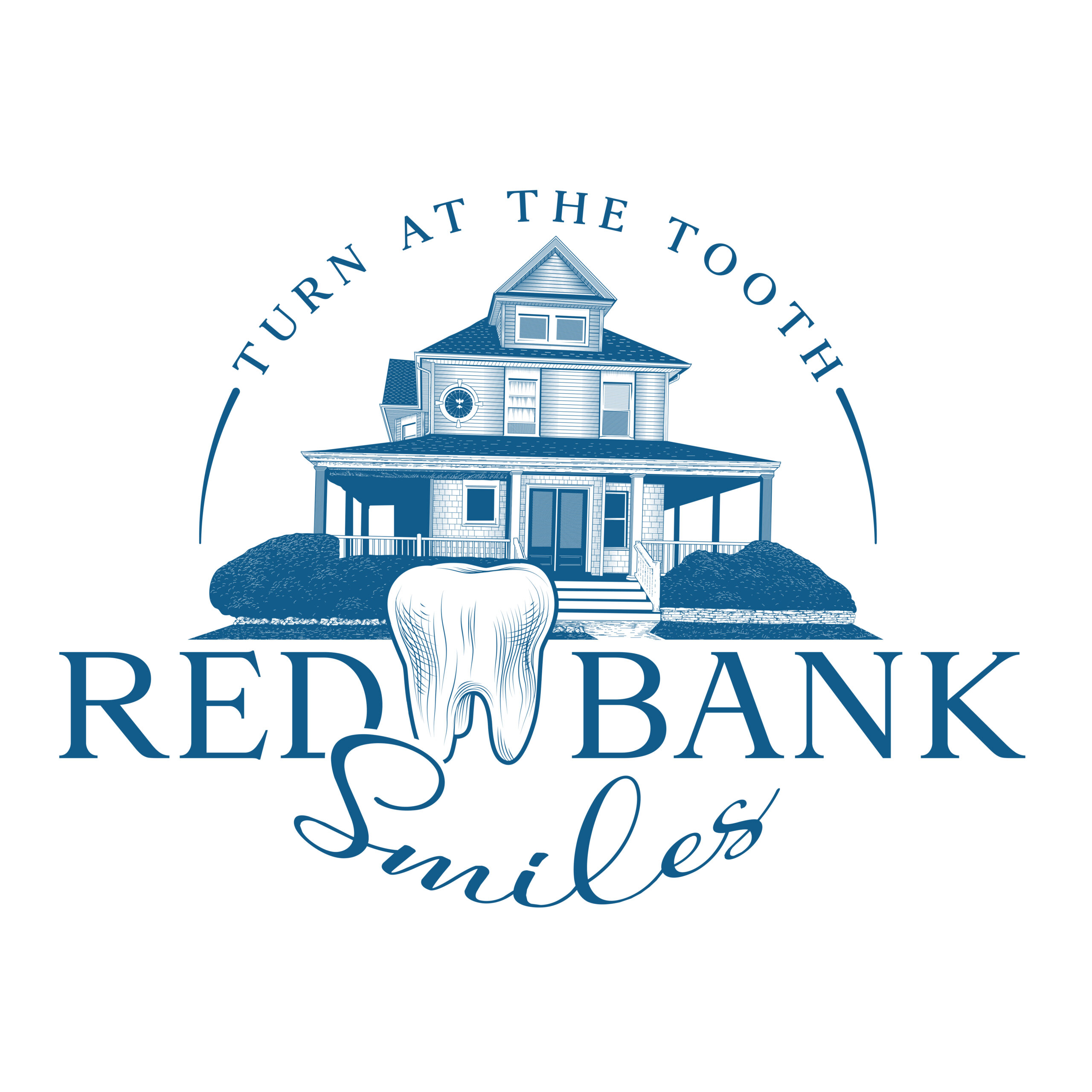TMD (Temporomandibular Joint Disorder)

When Your Jaw Won’t Cooperate
Relief for Jaw Pain, Headaches & Bite Issues
The temporomandibular joint (TMJ) is responsible for jaw movement, chewing, and speaking, but when it’s not functioning properly, it can lead to pain, tension, and discomfort.
TMD (Temporomandibular Joint Disorder) affects the jaw’s ability to move smoothly, often causing jaw pain, clicking, headaches, and muscle tension.
At Red Bank Smiles, Dr. Klayman provides customized treatment plans to relieve TMJ-related discomfort, restore normal function, and protect your teeth, jaw, and overall well-being.
.
Why Your Jaw Might Be Causing You Pain
What Is TMD?
TMD occurs when the jaw joint becomes inflamed, misaligned, or overworked, leading to symptoms such as:
✔ Jaw pain or tenderness – Especially when chewing, speaking, or yawning.
✔ Clicking or popping noises – When opening or closing the mouth.
✔ Frequent headaches or migraines – Caused by jaw tension.
✔ Difficulty opening or closing the mouth fully – Stiffness or locking sensation.
✔ Teeth grinding (bruxism) – Often a contributing factor to TMD pain.
Without treatment, TMD can worsen over time, leading to chronic discomfort and potential joint damage.


The Benefits of TMD Treatment
Treating TMD can relieve chronic jaw pain, reduce headaches, and improve overall jaw function, making daily activities like eating and speaking more comfortable.
By addressing the root cause, therapy can also prevent long-term damage caused by teeth grinding, protecting your enamel and bite alignment.
After treatment, many patients experience improved sleep and less tension in the jaw, neck, and facial muscles. With the right approach, TMD therapy restores comfort and enhances overall oral health.
What You Need to Know About TMD
TMD can result from jaw misalignment, stress-related teeth grinding, arthritis, or past jaw injuries. Identifying the root cause is key to finding the right treatment.
Mild cases may improve with rest, but chronic TMD often requires treatment to prevent worsening pain and joint damage.
Treatment varies but may include custom bite splints, botox, physical therapy, medication, or lifestyle adjustments to reduce strain on the jaw.
Yes—bruxism (teeth grinding or clenching) puts extra stress on the jaw joint, often making TMD symptoms worse. A nightguard or bite splint can help protect the jaw and teeth.



